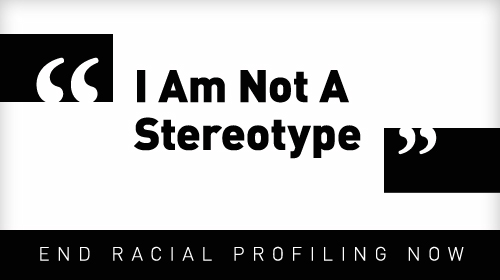Want to Restore Fairness to the Criminal Justice System? End Racial Profiling


Just over a year ago, the Senate Judiciary Committee held its first hearing on racial profiling in over a decade on the heels of the murder of 17-year-old Florida resident Trayvon Martin.
His death gave a face to the terrible practice of racial profiling and brought new media scrutiny to the issue.
Over the years, many of our political leaders have recognized the injustice that results from racial profiling. President Obama and President Bush have both urged an end to this discriminatory practice. Former Attorney General John Ashcroft said racial profiling "needs to stop [because] every American has a right to look to law enforcement officials to protect their rights." These sentiments were echoed by Attorney General Eric Holder in 2009 in his testimony before the Senate Appropriations Committee.
But despite this high profile support, racial profiling remains a pervasive practice. From New York's stop-and-frisk policy to FBI surveillance of mosques, profiling infringes on the basic rights of Americans all across the country.
We rely on law enforcement to protect us from harm and serve as the face of justice, but the continued use of racial profiling undermines the trust between the police and our communities and reduces cooperation with law enforcement.
Today Sen. Ben Cardin (D-Md.) introduced the End Racial Profiling Act of 2013 (ERPA) which prohibits racial profiling by law enforcement officials. ERPA is the thoughtful result of nearly two decades of work with law enforcement and civil rights communities, and its passage is vital to restoring trust between communities of color and the justice system.
Learn more about racial profiling and other civil liberty issues: Sign up for breaking news alerts, follow us on Twitter, and like us on Facebook.

